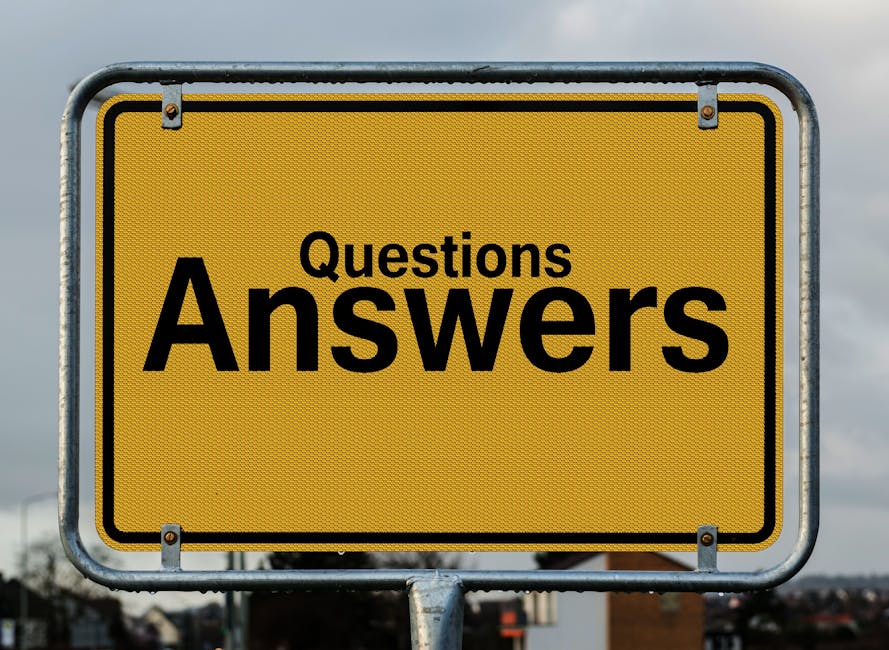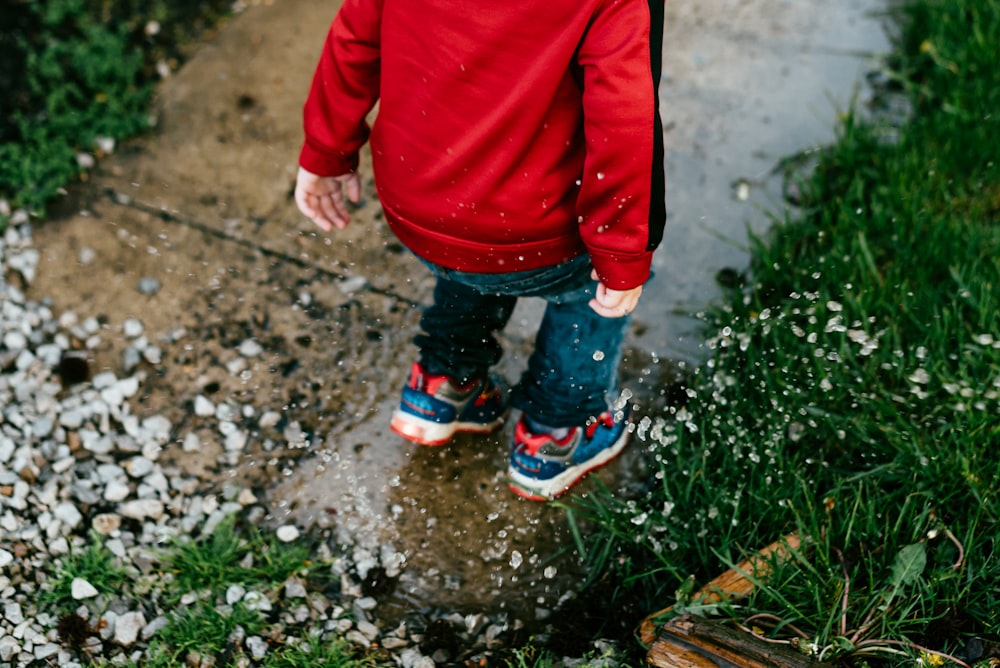Differentiating children age range for child development
Comprehensive guide on how to differentiate children's age range
Dec 02, 2018

The Five Developmental Stages
Every child is different especially regarding their development. Genetics not only plays a huge role in how we will grow and develop, but they are also unique to each individual. From the time of birth, your child's development will be tracked according to achieving certain milestones. This is pretty stressful for a parent especially if it is your first child. Take my experience for example. When my oldest daughter, who is now 12, was around 15 months old, our pediatrician was concerned because she was not attempting to walk.
She was perfectly content on crawling or being carried to where she needed to go. She would pull herself up and stand, but that was all. I knew she wasn't walking because she was just lazy and always wanted to be carried. So when my pediatrician felt there may be a deeper issue I became concerned. Fortunately for us, our pediatrician was receptive to what we had to say and gave her a little more time before he would recommend further testing. Lo and behold, two weeks later she got up and ran, there was no walking. So my point is, tracking development is a big indicator of a child's overall health remember all children are different, that's what makes them special. Remember to follow up with your pediatrician if you have any concerns in your child's development.
Children age range: Baby

Your child is considered a baby from the age of 0-12 months. Not only is your newborn adjusting to life in the outside world, but they are also experiencing rapid growth and development. It feels like every day they reach a different milestone.
0-3 months
- Smile
- Start to raise their head when lying on their stomach
- Track objects with their eyes
- Open and close hands and start to grip
- Try to reach for objects
4-6 months
- Rollover
- Start to Babble or baby talk
- Laugh
- Reach out and grab objects
- Sit up ( with support) and start to maintain head control
7-9 months
- Crawl
- Sit without support
- Respond to their name
- Clap and play games like "Peek-a-Boo" and PattyCake
- Attempt to stand
10-12 months
- Feeding themselves
- Start to walk while holding onto objects or furniture
- Say words and be able to associate the words mama and dada as their parents
- Point
- Start to walk unassisted
Children age range: Toddler
No longer a baby, your child is now considered a toddler. The age range for a toddler is between the age of 1-3yrs old. The toddler stage is not only fun but also a very important stage for a child for their future development and growth. During this stage, they are becoming more independent and starting to develop their own personalities. Major milestones are also expected with motor skills, in communicating and with social interactions. Playgroups and social activities are important during this time so your child can start to learn how to be able to socialize effectively with others, as they get ready to go on to school. This age group is also known as the " no fear" age because the love for exploring could put them in harm's way. Remember every child is different and if you have any concerns that your child has not achieved some of these milestones please talk to your pediatrician.
13-18 months
- Walks independently without support
- Stacks toys
- Eating a variety of foods
- Can follow instructions (when they want too)
- Should be using between 5-10 words and is able to understand up to 50 words
- Can respond to "yes or no" with head nods
- Can hold a cup
19-24 months
- Uses at least 50 words
- Repeats words
- Can name objects
- Responds to their name when called
- Maintains eye contact
- Exploring new places and areas
- Able to throw and catch a ball
- Uses both hands when playing
- Can self-calm themselves
- Begins to run
2-3yrs
- Will wander off to explore
- Able to have small talk
- Understands the difference between "mine and yours" very important when teaching how to share
- Should be able to participate in small groups with other children
- Enjoys listening to or sitting with a book
- Stand on tip toes
- Pulls toy while walking
- Can find objects
Children age range: Preschool
The preschool age is 4 and 5 years old. No longer considered a toddler, they are considered a small child. At this age, your child is full of energy, can be bossy, shows some defiance, and other behaviors that will push you to your limit. But, they are also more loving and affectionate at this stage too. They will also be starting school. They will learn how to count, color, and learn how to write, starting with their name.
At this stage, they should also be able to:
- Climb well
- Alternate feet when walking down the stairs
- Kick a ball
- Run easily
- Pedal a tricycle
- Bend over without falling over
- Show affection
- Understand when it is their turn when playing a game
- Match objects to pictures
- Sort items by size, shape, or color
- Complete a 3-4 piece puzzles
- Play make-believe.
Children age range: Gradeschoolers
Children in this stage range from the age of 6 to 12 years old. This is a critical age because as parents we must encourage healthy living and help your child create a positive self-image. Some children may start to experience puberty towards the end of this stage, which is whole other conversation.
6-8 Yrs of Age
Some cognitive skills that develop during this stage:
- They start to see things from their fellow classmate's perspectives. They also begin to understand how their behavior affects others.
- They are developing a better vocabulary and developing better sentence structures
- They enjoy building and planning
- They have a better concept of time and the days of the week; the difference between left and right.
- Self -Confidence is beginning
- Reasoning and arguing starts ( Fun times)
- Perform simple Addition and subtraction
Physical Changes:
- Weight gain speeds up- It is vital during this stage to teach your kids the importance of eating healthy
- they are able to ride a bicycle
- Permanent teeth start to appear
- Better hand-eye coordination
9-12 years old
Some cognitive skills that will develop during this stage:
- Ability to start to think logically
- Become more goal oriented
- Start to understand the concept of money and telling time.
Physical Changes:
- A growth spurt is expected with significant weight gain and genital maturation
- Skin becomes oily
- Hair growth under arms, on pubis, and for boys on their face and chest.
- Achy Joints due to rapid growth
- Body Odor
Schoolagers are going to become more independent as they get older. They are going to have less and less physical limitations and start growing in maturity. Learning to make good choices and exercising self-discipline does not come easy. This is where all the work you have put in pays off of establishing a moral code within your child.
Younger school-age children will obviously have more supervision, but as they get older and start to show their independence the decisions will become more their own. A whirlwind of emotional and physical changes will also happen at this stage. Cognitive development can be affected by your child's emotional state. It is important that they see themselves in a positive light. Your child will likely become more interested in their own activities and hobbies. Show them support and encourage them to take part in these activities, but make sure you are also there to cheer them on.
Children age range: Teen
The ages of 13-to 19 years old are referred to as the teenage years. A wonderful time for parents, right? "Ummm No.." But to your child's defense, their bodies are experiencing the most changes since the baby stage, with most of these changes happening between the ages of 13 and 15 yrs old. With so many physical changes and emotional growth, it's easy to see why they are so "moody". From growing taller, discovering how " to fit in" and finding true love, these are really stressful times. It is best as a parent to be patient and understanding as they go through this because they need you more than they let on.
Some developmental and emotional changes your child will experience are:
- Puberty
- Shows more of an interest in love and romance
- Will show more independence from parents
- Can be more prone to depression or sadness
- Learn more defined work habits
- More of an interest in planning for the future
Puberty and Trust
Physical changes are to be expected. Your child will start to experience puberty during this stage. Girls typically start puberty between the ages of 10 and 13 while boys are a little later, between the ages of 12 and 16 years of age.
As your child goes through this stage it is important to make sure that they understand the reasoning behind these changes and how important these changes are, especially in regards to sex. With the drastic changes that children experience during puberty, it is easy to understand why kids struggle mentally. This is where it can get complicated as a parent to navigate because your child is going to experience periods of worry or self-doubt. They need to understand that they can come and speak to you about anything instead of letting them sink further, no matter the issue, without judgment. Trust is the key. Trust will lead to communication, which will lead to a stronger and more healthier child.

Communication/Safety
Make sure you communicate to your child the importance of maintaining a healthy lifestyle. Making sure that not only are they eating right, but also making sure that they get enough sleep. Make sure that you instill boundaries and curfews and hold them accountable.
Talk to your children about the dangers of drugs and alcohol that way they are best prepared to handle themselves in a social setting. Talk to them about the dangers of driving. Talk to them about suicide and the signs that may be associated with them. Since it is one of the highest cause of death for this age group, it is important to teach awareness so that they may be able to help themselves or someone they know. At this stage, it is all about getting them ready for their future, and making good decisions when you are not around.




